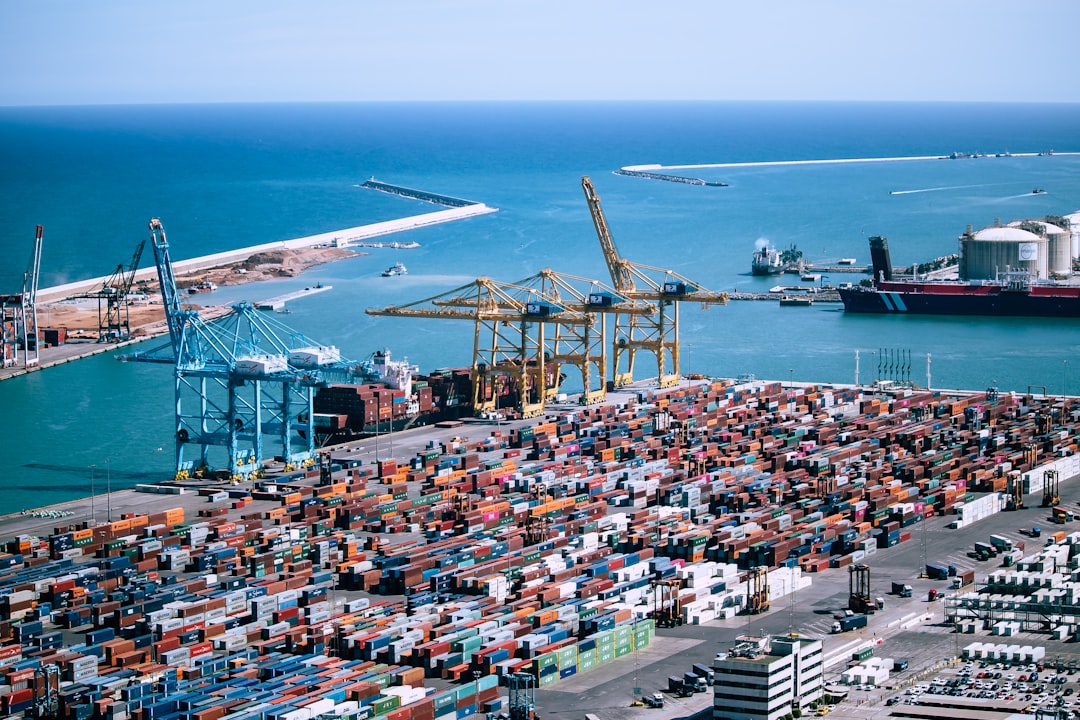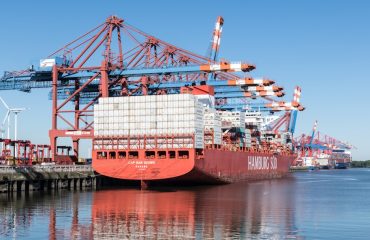International trade offers immense opportunities for growth and profitability, but it also presents a unique set of challenges. Navigating the complexities of global markets requires a robust risk management strategy. This comprehensive guide will explore the key risks involved in international trade and provide actionable strategies for mitigation.
Political and Economic Risk in International Trade
Political and economic instability in your trading partner’s country can significantly impact your business. Political risks include government changes, trade wars, sanctions, and even civil unrest. These can lead to delays, contract breaches, asset seizure, and ultimately, financial losses. Economic risks encompass currency fluctuations, inflation, and changes in import/export regulations. Effective risk management requires thorough due diligence, including researching the political and economic climate of your trading partner, monitoring news and political developments, and potentially securing political risk insurance.
Logistical Challenges and Supply Chain Disruptions
The logistical complexities of international trade are substantial. Shipping delays, port congestion, customs clearance issues, and even natural disasters can disrupt your supply chain, leading to increased costs and missed deadlines. Effective risk management in this area involves diversifying your supply chain, selecting reliable shipping partners, utilizing advanced tracking technologies, and building buffer time into your schedules. Furthermore, understanding and complying with international trade regulations and documentation requirements is crucial to avoid delays and penalties.
Financial Risks and Payment Security
Financial risks in international trade are considerable. These include currency exchange rate fluctuations, payment delays, and the risk of non-payment from your buyer. Mitigation strategies include utilizing letters of credit (LCs) to secure payments, hedging against currency fluctuations, and conducting thorough credit checks on your buyers. Choosing appropriate payment terms, such as advance payment, documentary collections, or open account, based on your risk assessment and relationship with the buyer is vital. Furthermore, engaging a factoring company can help mitigate the risk of non-payment.
Legal and Regulatory Compliance in International Trade
Navigating the legal and regulatory landscape of international trade can be daunting. Each country has its own unique set of laws and regulations governing imports and exports, including tariffs, quotas, and labeling requirements. Non-compliance can lead to significant penalties, including fines and legal action. Effective risk management in this area requires engaging legal experts specializing in international trade law, staying updated on changes in regulations, and ensuring all documentation is accurate and compliant. This includes understanding and adhering to international trade agreements like the WTO agreements.
Managing Counterparty Risk and Building Strong Relationships
Counterparty risk refers to the risk that your trading partner will fail to fulfill its contractual obligations. This risk can be mitigated by conducting thorough due diligence on potential partners, establishing clear contracts with well-defined terms and conditions, and building strong, long-term relationships. Open communication, trust, and mutual respect are essential for navigating the challenges of international trade. Regularly reviewing performance and maintaining open channels of communication can help identify and address potential problems early on. Building a network of reliable partners can also provide support and mitigate risks.
Successfully navigating the world of international trade requires proactive and comprehensive risk management. By understanding and addressing these key areas, businesses can significantly reduce their exposure to potential losses and maximize their chances of success in the global marketplace. Remember that a well-defined risk management strategy is an ongoing process that requires continuous monitoring, adaptation, and improvement.
SEO-Friendly Tags:
- International Trade Risk Management
- Global Trade Risks
- Supply Chain Risk Management
- International Business Risk
- Export Import Risk




